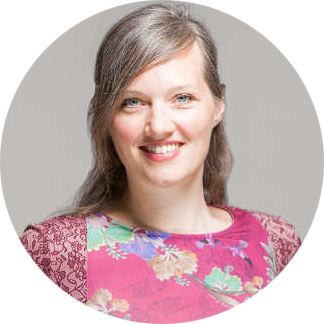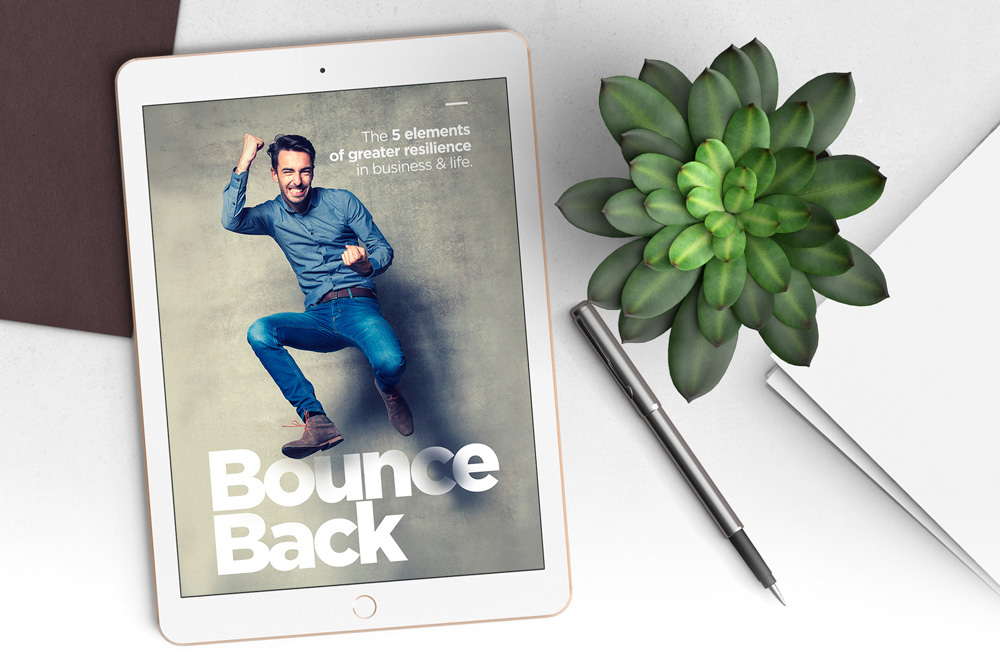Strategies for Saying “No”
Boundaries are important in any relationship. Whether it be someone at work or home, a family member or a romantic partner. Clarity makes for clear communication and the easy avoidance of misunderstandings. And yet so often, for a variety of reasons, our mouth says ‘yes’ when our head or heart is saying ‘no’. Some people will tell you that relationships always include compromise. And that’s true – to an extent. But if you constantly compromise, if you constantly avoid saying ‘no’ in order to keep the peace, then that’s a recipe for long-term resentment.
As a contemporary of Mark Twain once said,
“Half the troubles of this life can be traced to saying yes too quickly and not saying no soon enough.”
Josh Billings, humourist
Naturally, the basic principle that it’s good to say ‘no’ sometimes holds true for all types of relationship. But as this article is being published in February and Valentine’s Day is approaching, let’s use the romantic relationship as our example. However, remember that the same principles and tips work just as well with your boss, your mother, or an employee!

Many believe that ‘I love you’ is the hardest thing to say, but what about ‘no’? Think of your own relationship – either current or past – and ask yourself, how often did you say ‘no’ and how often did you go along with what the other person wanted whether it suited you or not?
If it happened a lot, it’s understandable. After all, love and relationships are usually portrayed as being all about an agreement, saying ‘yes’ rather than ‘no’, right up the moment at the altar when you’re expected to say ‘I do’.
The driver is the fact that when you enter into a relationship with someone else, you’re busy both creating an ‘us’, a composite entity that embodies the time your spend together, that has shared tastes, activities, opinions, ambitions, goals… And it’s easy to focus just on this ‘us’ and forget that every ‘us’ contains two ‘you’s. Without boundaries, you can lose yourself but the best kind of relationship is one in which you find yourself. In which you are free to be ‘you’ while still getting all the benefits of being one-half of an ‘us’.

The secret is saying ‘no’. Honestly.
To have the best of both worlds, you both need to communicate and understand each other’s boundaries. And those boundaries are most clearly defined by what we say ‘no’ to.
Why is it so hard to say ‘no’? Five reasons – and remember, these apply to all kinds of relationship:
1. We want to be liked.
2. We worry that others will be upset if we say ‘no’.
3. We’re afraid we might lose the relationship.
4. Saying ‘no’ makes us feel guilty or selfish.
5. We want to please the other person.
Most, if not all of this is pure social conditioning – beliefs that we absorbed as we grew up being told what was polite and acceptable and what was not. The problem is that these negative outcomes are not usually the case when you are assertive . When you say ‘no’ or express an alternative preference, the other person will usually still like you, not be upset, stay in the relationship, not see you as selfish, and not be displeased. More often than not, we are worrying about nothing.

So how do you remember to look after yourself in a relationship while still being open and committed to the other person and the ‘us’? Here are a few tips to put you on the right track:
• Remember, as a person, you’re entitled to your own opinions, your own likes and dislikes, your own wants and needs.
• Saying ‘no’ to a particular suggestion is not saying ‘no’ to the relationship, or even to the other person. You’re simply being honest about your position; you’re not rejecting them, just the suggestion.
• Be calm, be polite, be honest – just say, “No, I’d prefer not to do that.” and if you think it will help, then explain the reasons why.
• Remember that if the other person values the relationship as you do, they will at least be open to listening to you, even if they are disappointed by your reply.
Finally, bear in mind that identifying boundaries is a question of setting ground rules. All longer-term relationships establish patterns and routines of behaviour. This isn’t about the ‘magic’ going out of the relationship, it’s more a natural progression when two people are together long enough. It’s human nature. But be wary of which patterns you establish early on. If you say ‘yes’ to everything then the other person may feel surprised – or even shocked – if you start saying ‘no’ later on. Let’s be clear, you’re entitled to start saying ‘no’ whenever you want to, but if you can say ‘no’ early on then you create a more honest, authentic and open relationship. One that stands a much better chance of lasting. As they say, start as you mean to go on…

If you’re interested in exploring your own relationship boundaries and ability to say ‘no’ (in any type of relationship) Afterwork coaching workshop is focused on exactly this topic. This free central Barcelona workshop is run by Inbody and Autenticoach.

MAIKE STOLTE
Executive Coach. Consultant. Trainer. Facilitator.
Categories
Contact us

Burnout. COVID. New Normal: How to get yourself back into balance & recover!
By now, most of us share a similar feeling: we feel drained. For months now, we have been bravely facing the Covid-19 pandemic. I think it’s fair to say that it has taken its toll on us. No matter your context, you may have been dealing with the stress of the...
Relational leadership: Influence is trusting and being trusted
We are our relationships. When we foster positive relationships, we create positive environments, develop positive projects and bring positive change to the world. This power of relationships is the base of relational leadership, focused on the leader’s ability to...
Insights From Natural Leaders: With Yasmine Khater
We can always find inspiring natural leaders close to us! In this series of interviews, I’m talking to people who have touched my soul: small business owners, neighbors, friends & colleagues. Those who inspire me to spread the wisdom & insights of our common...




